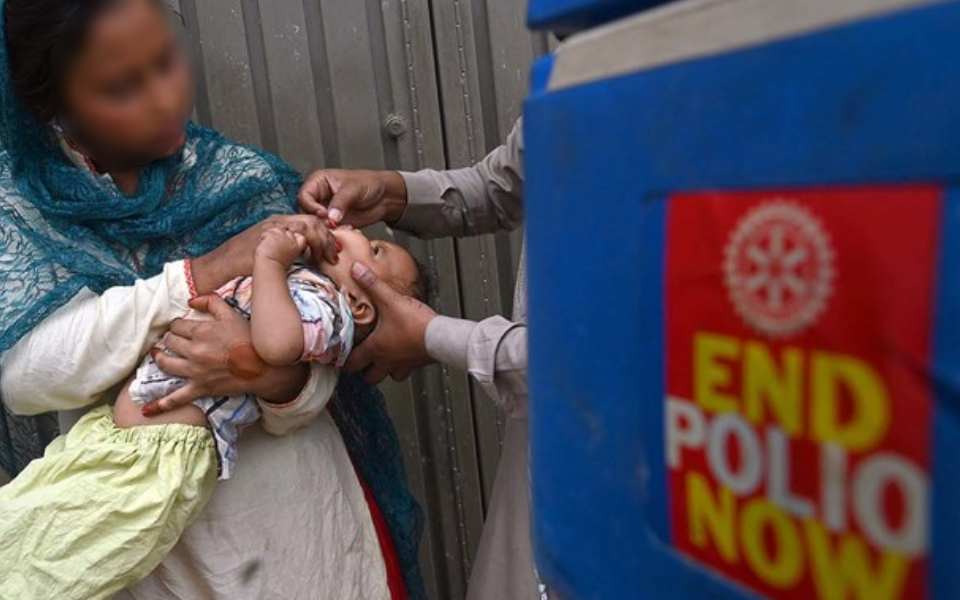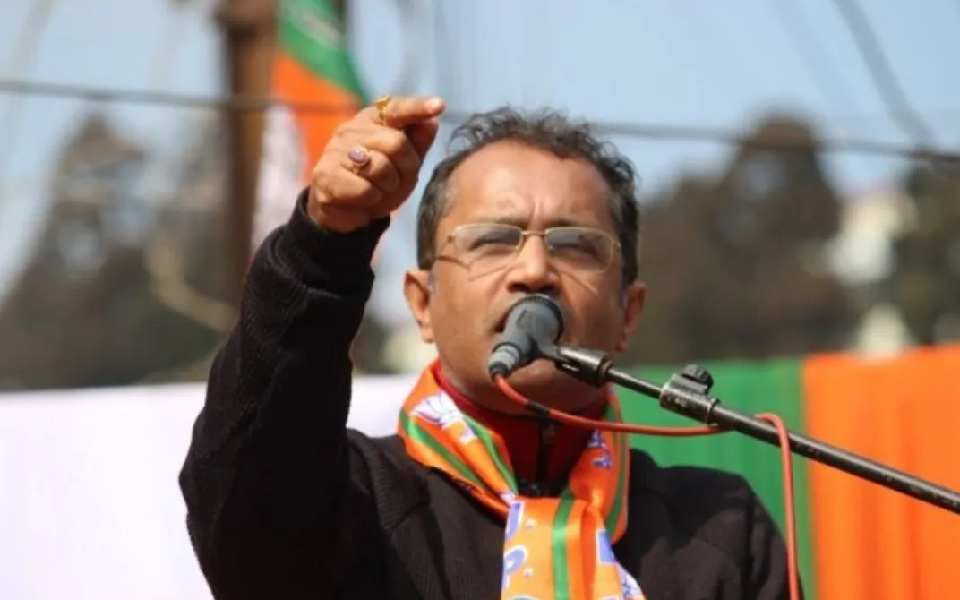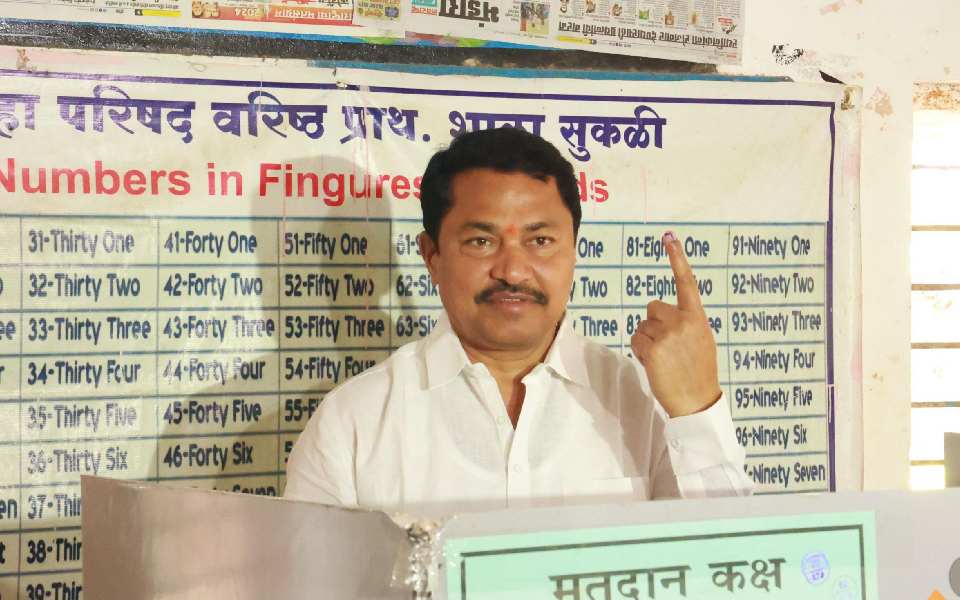New Delhi (PTI): Setting up of a mental health advisory panel, school based mental health programme and pedagogical support to ensure mental well- being of students and engaging parents are among the guidelines issued by NCERT for schools.
The guidelines for "Early identification and intervention for mental health problems in school going children and adolescents" have been released by the National Council of Educational Research and Training (NCERT) following a mental health survey among school children.
The survey report launched last week cited exams, results and peer pressure among major factors for stress and anxiety among school students.
"Schools generally are seen as spaces where communities of learners have been expected to develop in a safe and secure environment. School management, principal, teachers, other staff, and students all spend around 1/3 of a day and around 220 days in a year in schools across the states and UTs in India. For residential schools, the time spent by a student in the school community is even more. Therefore, it is the school's responsibility to ensure the safety, security, health, and well-being of all children in schools and hostels," the guidelines read.
According to the manual, every school or groups of schools should establish a mental health advisory panel.
"It should be chaired by the principal and have teachers, parents, students and alumni as members. It will create awareness, and also plan and enforce an age and gender appropriate annual school mental health programme. The schools should have a provision for identifying behaviour, substance use and self-harm, depression, and developmental concerns, provide first aid and make appropriate referrals," it said.
Noting that most of the time mental health issues emerge at an early stage of life as half of all mental health conditions emerge by the time individuals are 14 years old and three-quarters by the age of 25, NCERT has recommended that apart from families and parents, teachers need to be informed about early flag signs as they too are the primary caregivers.
"Teachers must be trained in identifying early signs in students for attachment issues, separation anxiety, school refusal, communication issues, anxiety patterns, depressive states, conduct related issues, excessive internet use, hyperactivity, intellectual disability, and learning disabilities, it said.
"Teachers should talk about bullying cases in class and empower students by educating them regarding bullying. They should provide a confidential way for students to report any incident which is of concern to them," the manual said.
Let the Truth be known. If you read VB and like VB, please be a VB Supporter and Help us deliver the Truth to one and all.
ISLAMABAD: At least two more cases of poliovirus were reported in Pakistan, taking the number of infections to 52 so far this year, a report said on Friday.
“The Regional Reference Laboratory for Polio Eradication at the National Institute of Health has confirmed the detection of two more wild poliovirus type 1 (WPV1) cases in Pakistan," an official statement said.
The fresh infections — a boy and a girl — were reported from the Dera Ismail Khan district of Khyber-Pakhtunkhwa province.
“Genetic sequencing of the samples collected from the children is underway," the statement read. Dera Ismail Khan, one of the seven polio-endemic districts of southern Khyber Pakhtunkhwa province, has reported five polio cases so far this year.
Of the 52 cases in the country this year, 24 are from Balochistan, 13 from Sindh, 13 from Khyber Pakhtunkhwa, and one each from Punjab and Islamabad.
There is no cure for polio. Only multiple doses of the oral polio vaccine and completion of the routine vaccination schedule for all children under the age of five can keep them protected.

_vb_32.gif)



